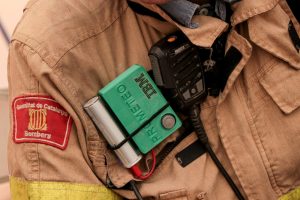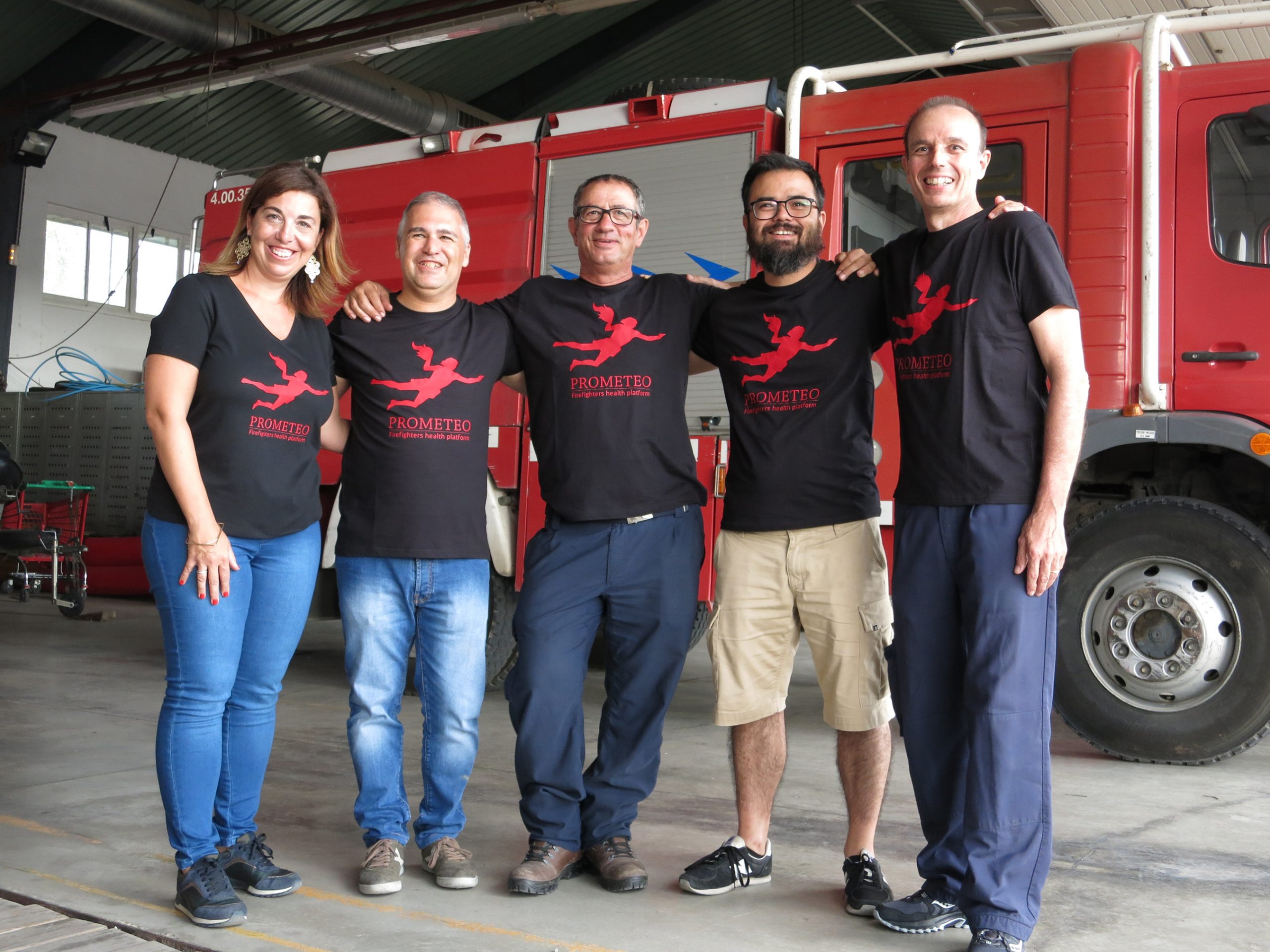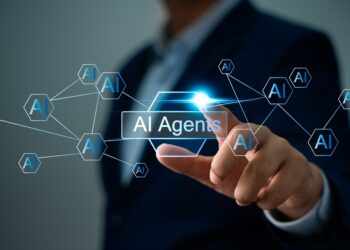The Call for Code Founding Partner IBM and Creator David Clark Cause, in partnership with United Nations Human Rights and the Linux Foundation have announced this year’s Call for Code Global Challenge, inviting the world’s software developers and innovators to help fight climate change with open source-powered technology.
On its 75th anniversary, the United Nations is demanding a ‘global reality check’ and has launched the biggest-ever global conversation on how to address the world’s most pressing issues such as climate change. Heeding the UN’s rallying cry to help build the future we want, IBM is joining forces with key UN agencies and world leaders to help tackle the climate crisis.
Following two successful years, the 2020 Call for Code Global Challenge encourages and fosters the creation of practical applications built on open source software including Red Hat OpenShift, IBM Cloud, IBM Watson, IBM Blockchain, and data from The Weather Company. The goal is to employ technology in new ways that can make an immediate and lasting humanitarian impact in communities around the world.

A recent global IBM study conducted by Morning Consult surveyed more than 3,000 developers, first responders and social activists across China, Columbia, Egypt, India, Japan, Spain, United Kingdom, and the United States, and found that – 77% of first responders and developers surveyed agree with the statement ‘Climate change is the single most pressing issue facing my generation’.
Over 180,000 participants from 165 nations took part in Call for Code in 2019; they created more than 5,000 applications focused on natural disaster preparedness and relief. This year Call for Code is challenging applicants to create innovations based on open source technologies to help halt and reverse the impact of climate change.
“There is an urgent need to take action against climate change, and IBM is uniquely positioned to connect leading humanitarian experts with the most talented and passionate developers around the world,” said Bob Lord, IBM Senior Vice President of Cognitive Applications and Developer Ecosystems. “IBM is determined to identify, deploy, and scale technology solutions that can help save lives, empower people, and create a better world for future generations.”
Lord noted that IBM has been mobilising throughout the company, from policy commitments on climate to IBM’s weather forecasting capabilities powered by AI and supercomputers.
“Over these past two years through Call for Code UNDRR has seen the potential for developers to tackle major societal challenges, and developers will have a crucial role in our response to the climate emergency,” said Mami Mizutori, Special Representative of the United Nations Secretary-General (SRSG) for Disaster Risk Reduction. “Climate change is the most critical issue of our time, with a multitude of localised contributing factors and cascading effects that cannot be solved by a single organisation. We need a global network to fight this together.”
Last year’s Call for Code Global Challenge winning team, Prometeo, created a wearable device that measures carbon monoxide, smoke concentration, humidity, and temperature to monitor firefighter safety in real-time as well as to help improve their health outcomes in the long-term. The solution has been developed further through IBM’s Code and Response program and has just completed its first wildfire field test during a controlled burn with the Grups de Reforç d’Actuacions Forestals (GRAF) and the Grup d’Emergències Mèdiques (GEM) dels Bombers de la Generalitat de Catalunya near Barcelona, Spain. Prometeo was developed by a team comprising a veteran firefighter, an emergency medical nurse, and three developers. As recently piloted, the Prometeo hardware-software solution is based on multiple IBM Cloud services.
Other applications like 2018 Call for Code winner Project Owl and 2018 Puerto Rico Call for Code hackathon winner DroneAid have also been cultivated through the Code and Response program.









Discussion about this post